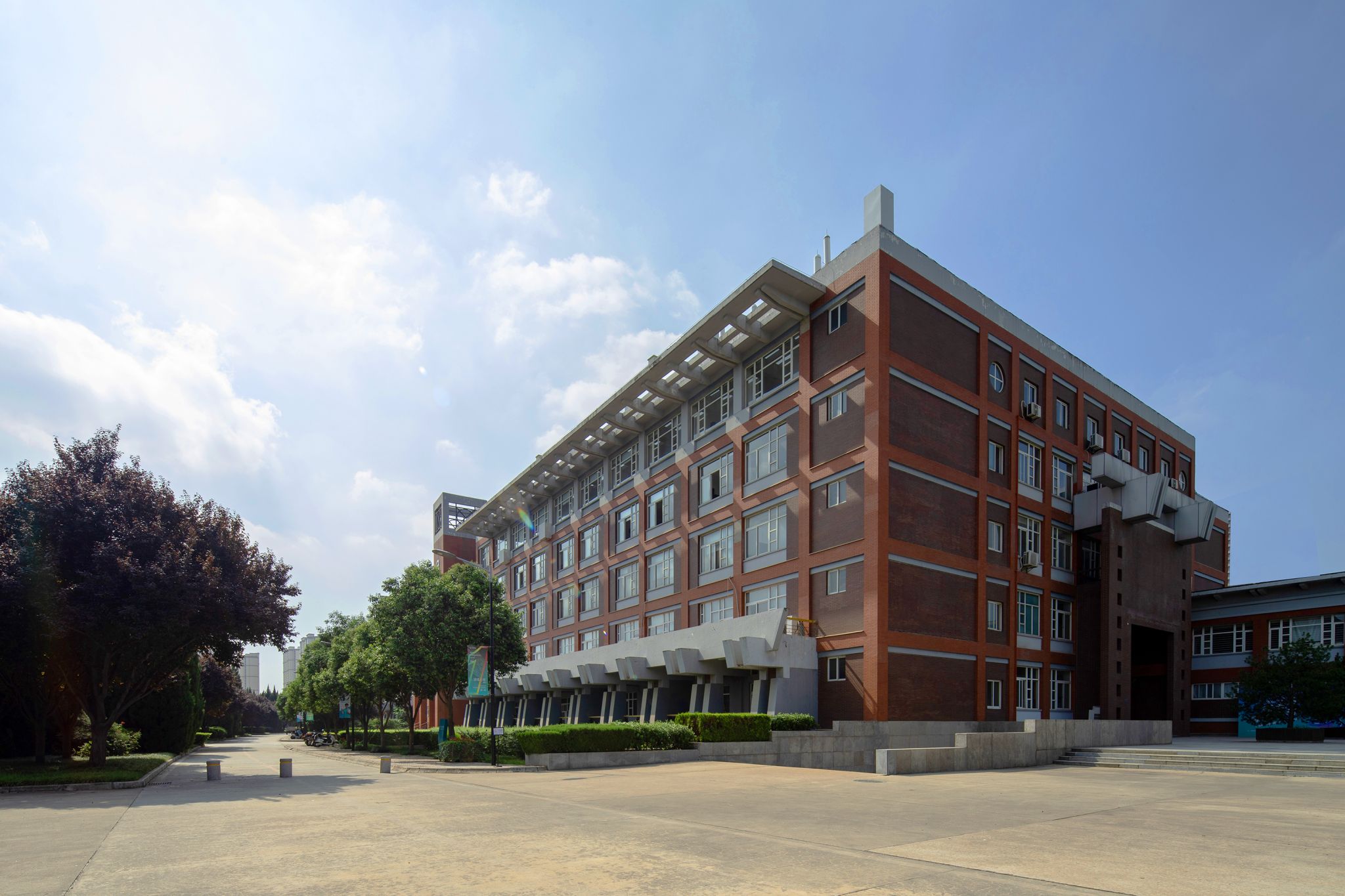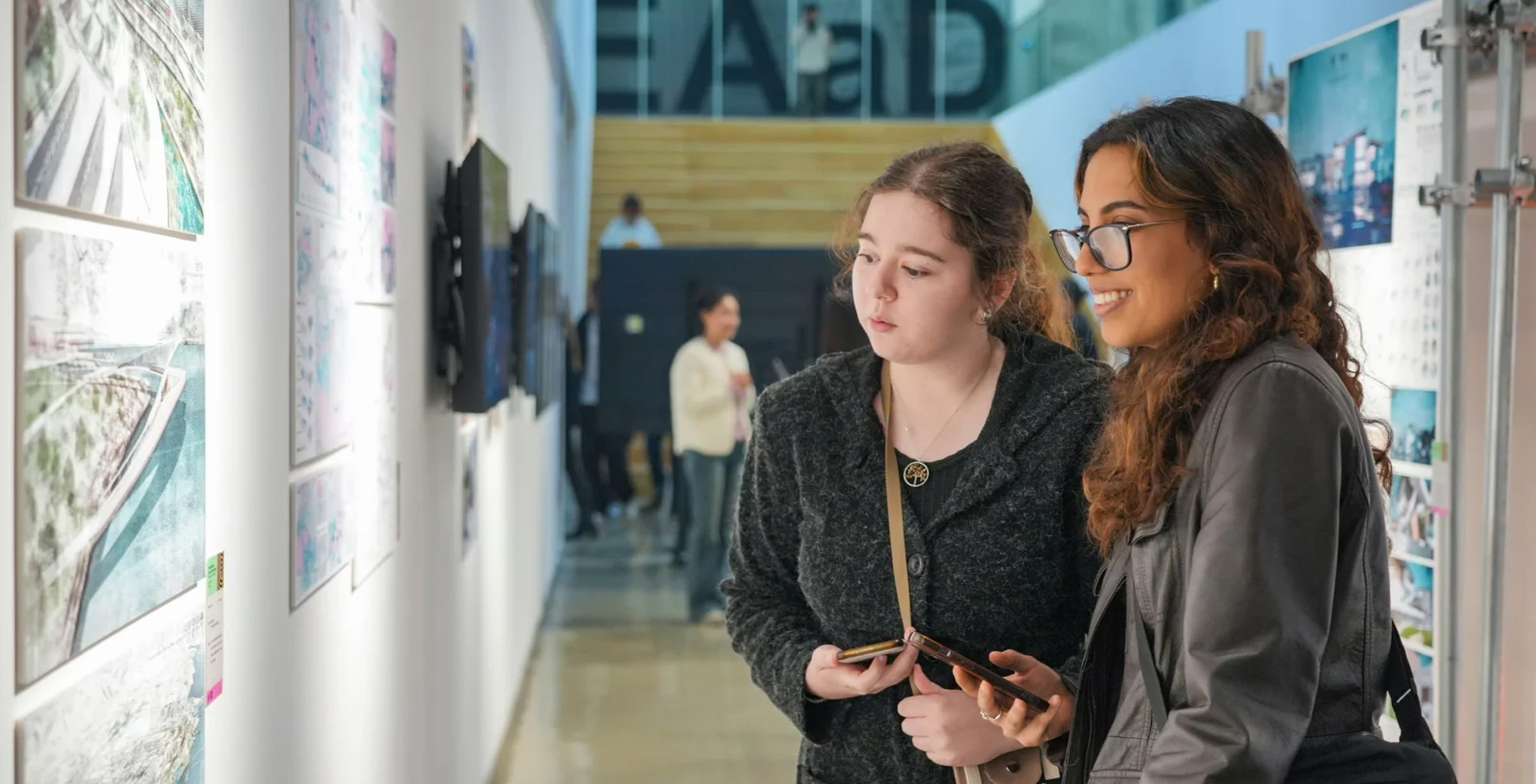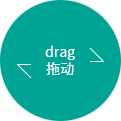- News
- Education
-
Schools
School of Accounting and Finance School of Data Science School of Business Administration Eurasia Art and Design School of Culture & Media School of Humanities and Education School of Human Settlements and Civil Engineering School of Information Engineering School of Vocational Education School of General Education School of Marxism Global Language Center International Office
- Campus Life
- About Us
- Join Us
- School of Accounting and Finance
- School of Data Science
- School of Business Administration
- Eurasia Art and Design
- School of Culture & Media
- School of Humanities and Education
- School of Human Settlements and Civil Engineering
- School of Information Engineering
- School of Vocational Education
- School of General Education
- School of Marxism
- Global Language Center
- International Office
School of Business Administration

The School of Business Administration (SBA) of Xi'an Eurasia University originated from the Department of Business Administration established in January 2001. Facing the digital era and guided by the talent standards of first-class enterprises, SBA collaborates with academic and industrial circles to cultivate high-quality enterprise operation and management talents with international vision, proficiency in using information technology and statistical methods to analyze and solve practical business problems, and excellent English communication skills.
As the foundational college of Eurasia's grand business discipline, SBA has 下设 (sets up) 9 majors and 1 research center, including Business Administration, Human Resource Management, Supply Chain Management, Sports Economy and Management, Tourism Management, Exhibition Economy and Management, E-commerce, Marketing, International Business, and the Institute of Quality Management (1 research center). Among them, E-commerce and Business Administration are provincial first-class majors, and the Tourism Management major has obtained the international certification of UNWTO (United Nations World Tourism Organization). The college currently has 141 faculty members, including 101 full-time teachers, among whom there are 7 professors, 35 associate professors, and 42 lecturers; it also has 1 provincial-level teaching master and 1 provincial model worker. SBA owns 1 provincial experimental teaching demonstration center, 2 provincial first-class undergraduate courses, and 18 school-level key courses.
The college actively implements the quality connotations of "internationalization, application-orientation, and new experience". Starting from the talent training objectives, it aligns with industrial characteristics to build characteristic professional clusters, optimizes talent training programs based on industrial needs, and promotes international certification for some majors. It attaches great importance to curriculum construction, constructs a "competency-based" curriculum system that takes into account students' career development, builds a series of standardized courses according to curriculum quality standards, and introduces diversified teaching modes such as case-based teaching and project-based teaching. It continues to deepen school-enterprise cooperation, builds real scenarios for cultivating application-oriented talents, and carries out the construction of school-enterprise joint laboratories, modern industrial colleges, and customized classes to meet industry talent needs and improve the quality of education. It establishes visual growth files for students, continuously tracks and feedbacks students' academic situations, and builds a continuous improvement quality system to ensure the quality of "teaching and learning" and assist the college in cultivating application-oriented talents.




